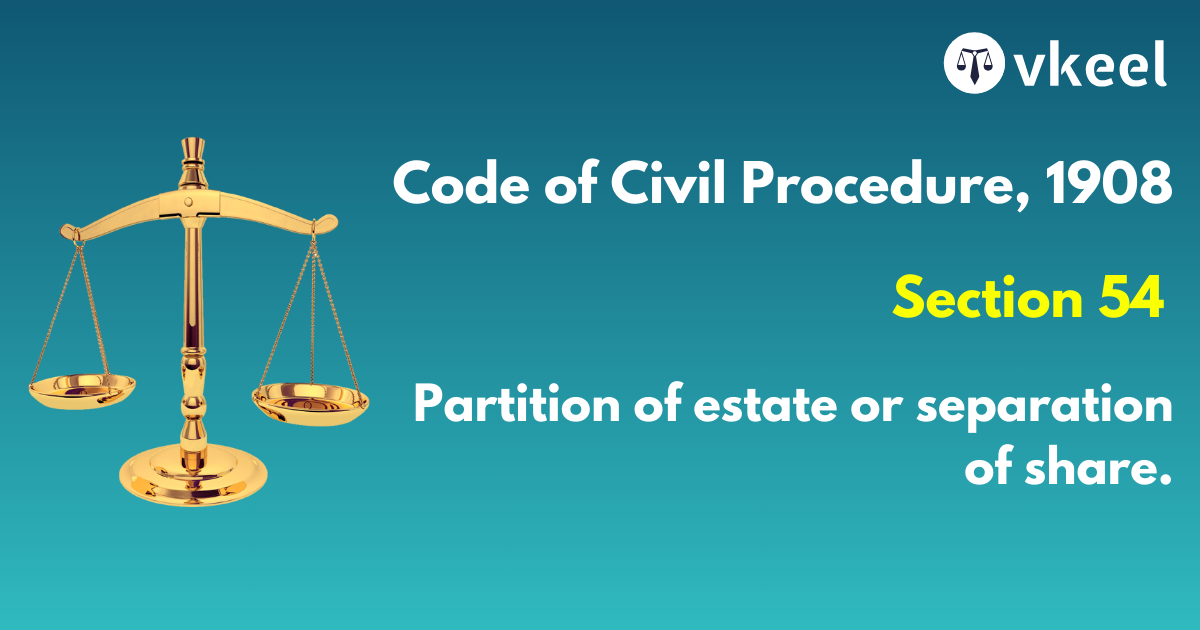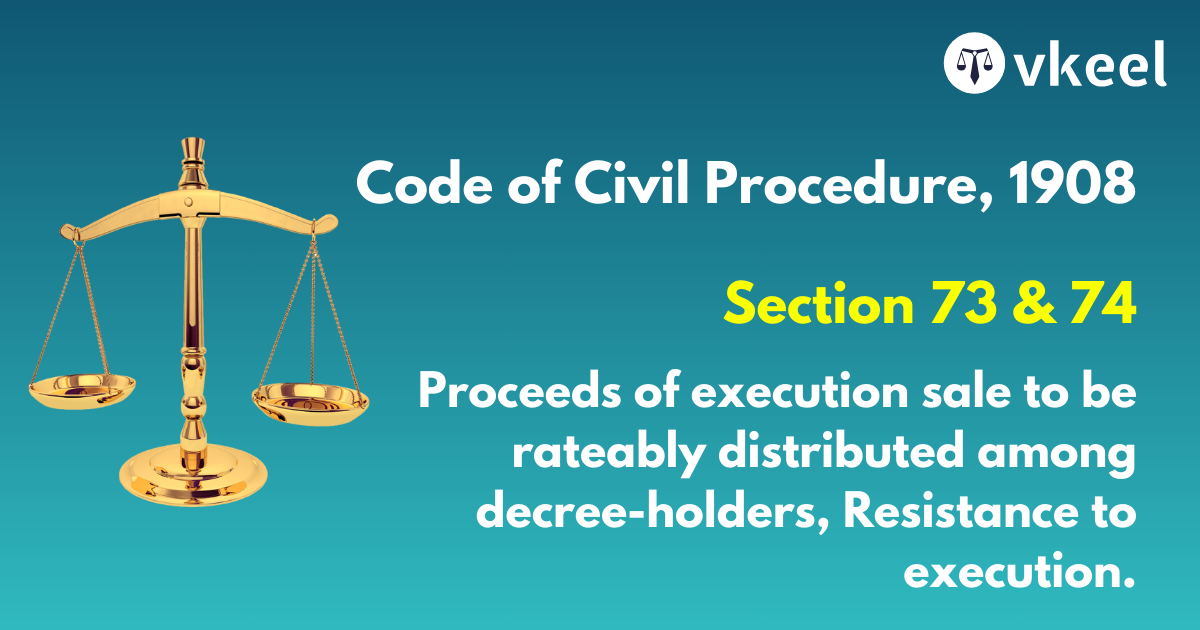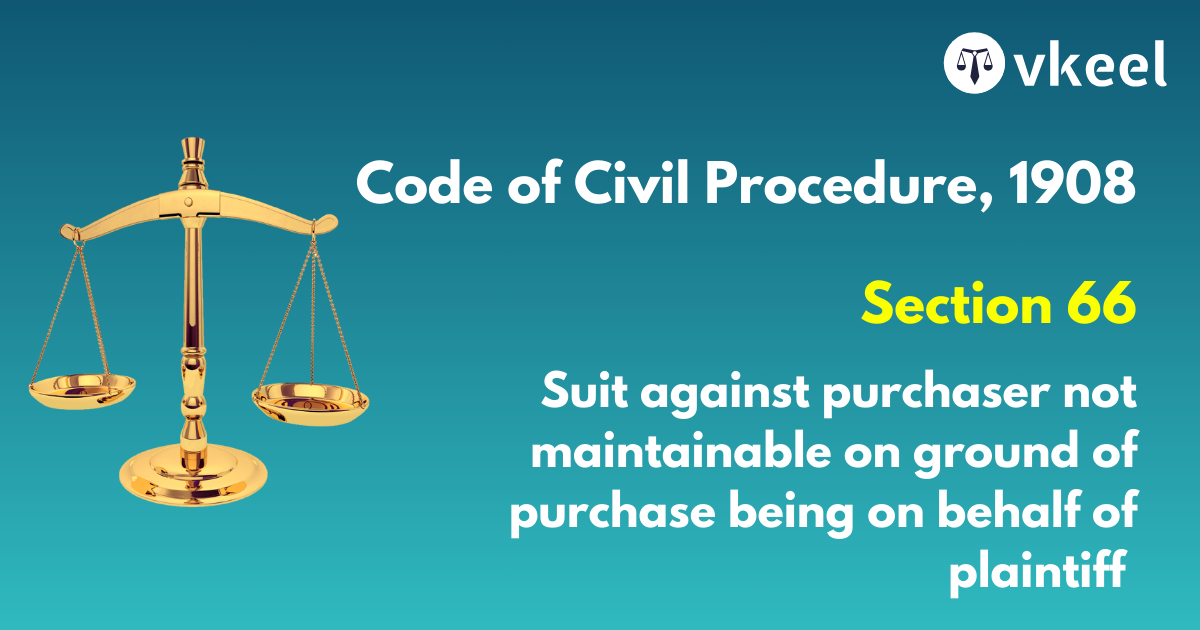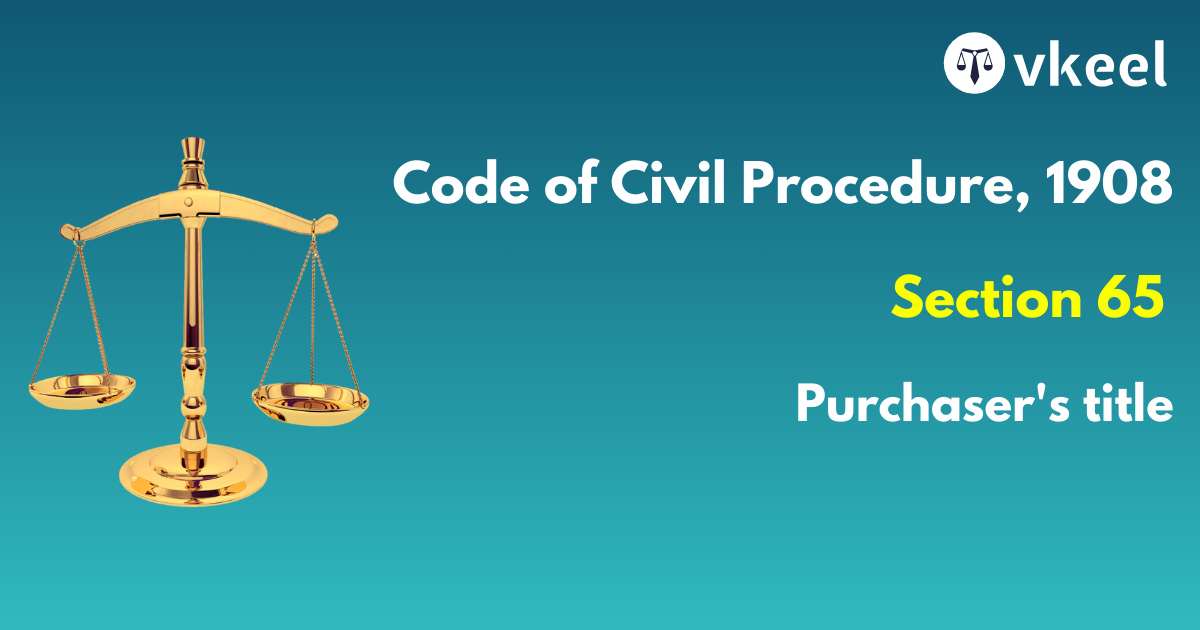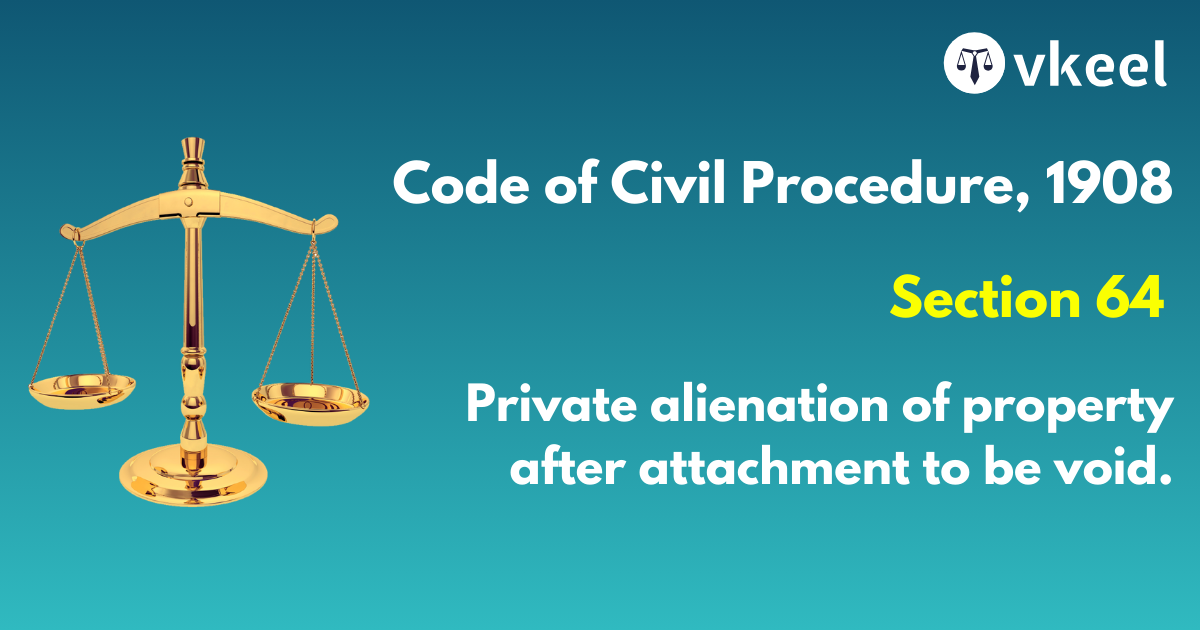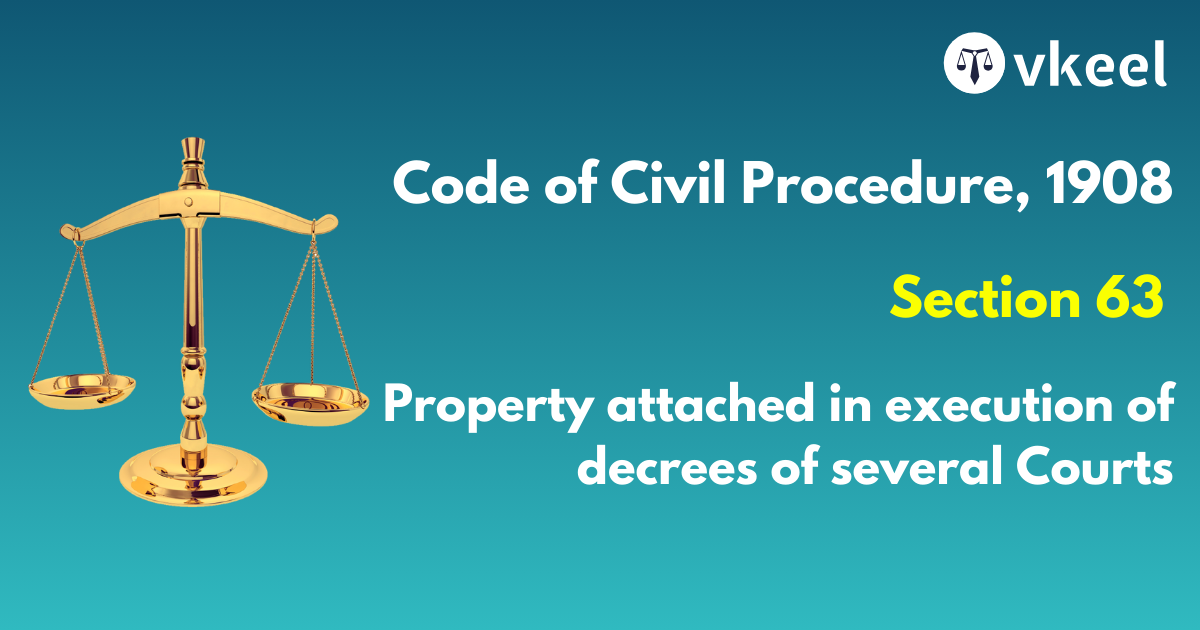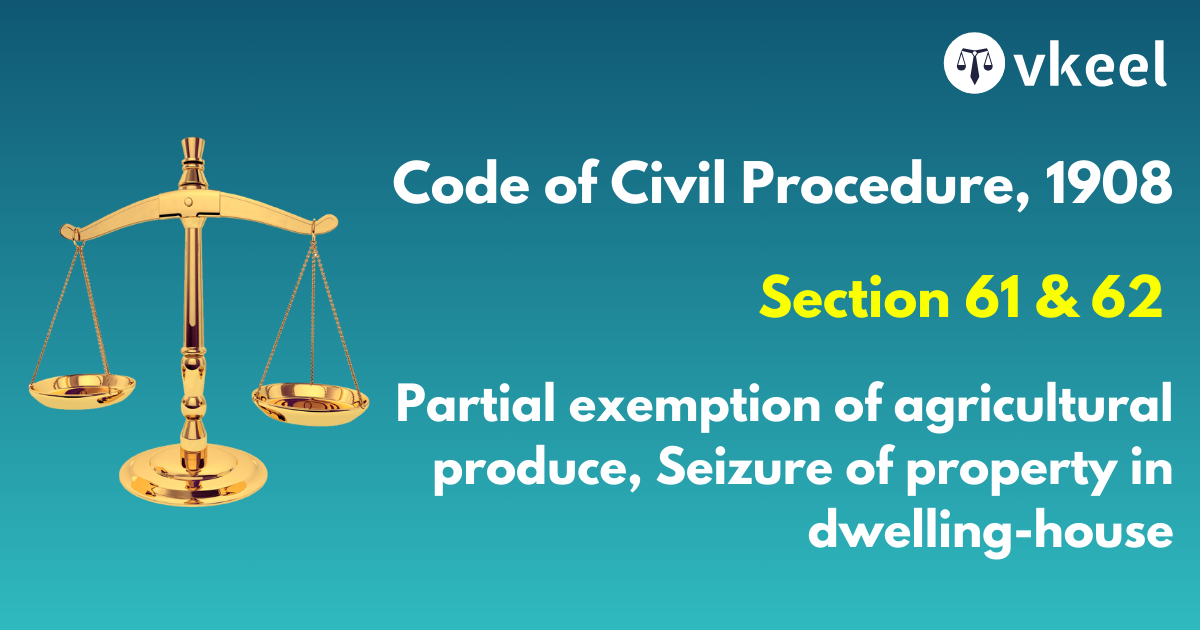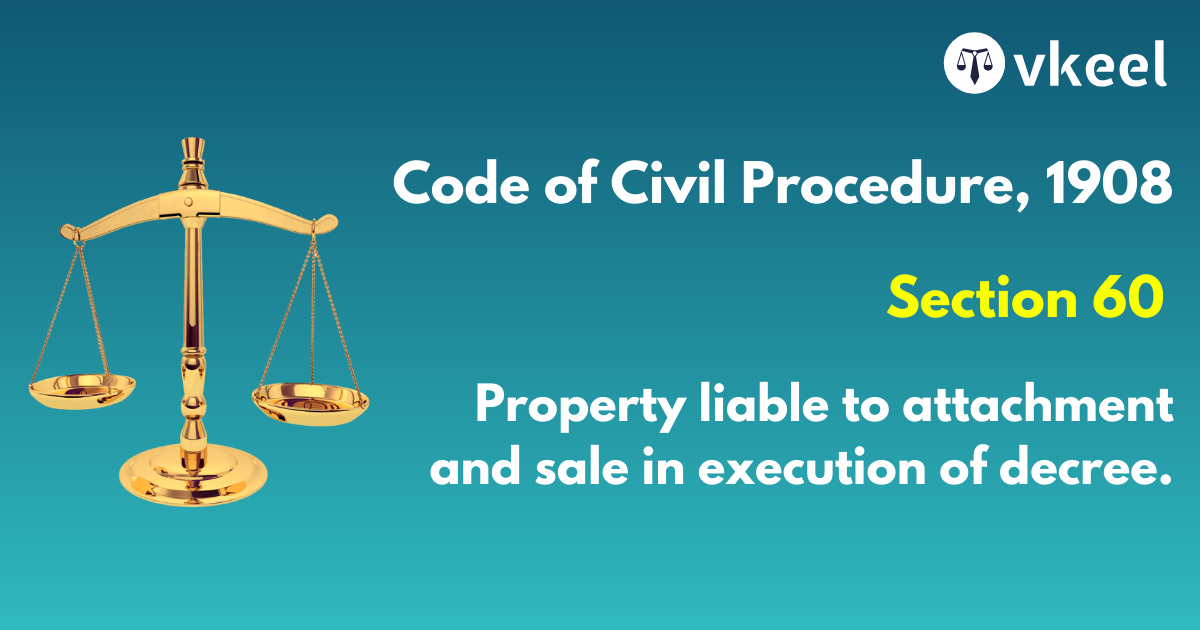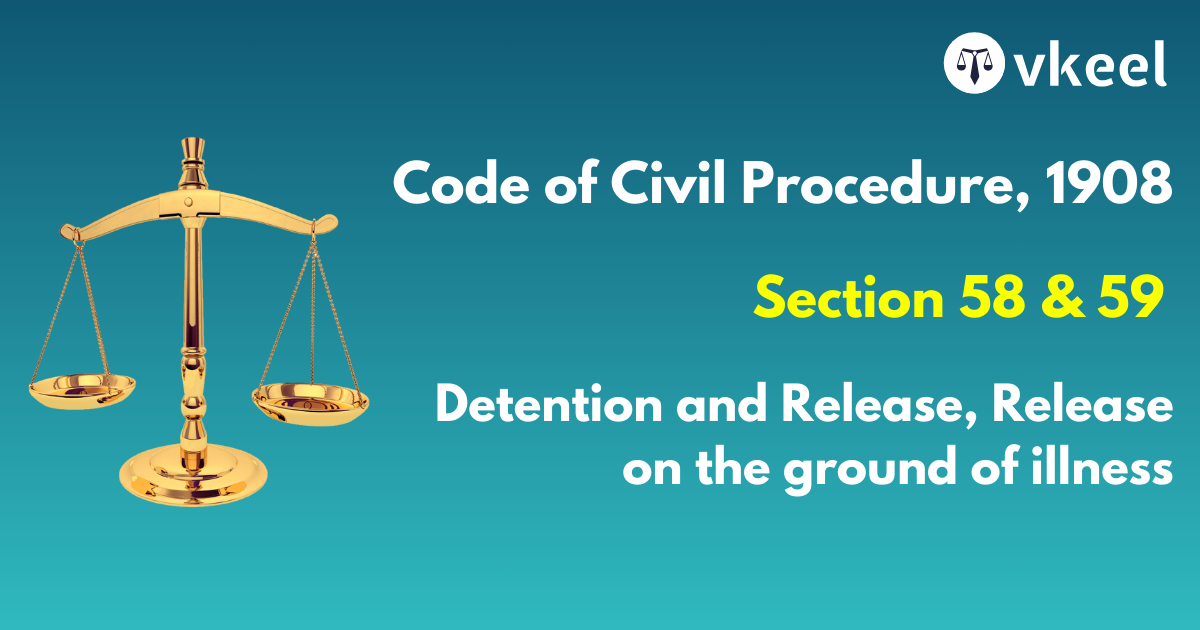Section 54 of the Code of Civil Procedure, 1908
By Joy Puri
Introduction
The Section 54 of the Code of Civil Procedure entails about the Partition of the Estates in the respective matter. It basically talks about the partition of the subjected property in the cases wherein revenue generating estates, such as agricultural lands are thereby involved.
The Section 54 of the Code of Civil Procedure then envisages that in such a case where the division of the property has to be carried out, the former has to be carried out by the collector of the subjected property and not the civil court.
Section 54 of the Code of Civil Procedure, 1908
Partition of estate or separation of share.
Where the decree is for the partition of an undivided estate assessed to the payment of revenue to the Government, or for the separate possession of a share of such an estate, the partition of the estate or the separation of the share shall be made by the Collector or any gazetted subordinate of the Collector deputed by him in this behalf, in accordance with the law (if any) for the time being in force relating to the partition, or the separate possession of shares, of such estates.
State Amendment
For Section 54, the following Section shall be substituted, namely. —
“54. Partition of estate or separation of share.–Where the decree is for the partition of an undivided estate assessed to the payment of revenue to the Government, or for the separate possession of a share of such an estate, the partition of the estate or the separation of the share of such an estate shall be made by the Court in accordance with the law if any, for the time being in force relating to the partition or the separate possession of shares, and if necessary on the report of a revenue officer, not below the rank of Tahsildar or such other person as the Court may appoint as Commissioner in that behalf.”
[Vide Karnataka Act 36 of 1998, sec. 2.]
Landmark Case Laws
Woodland Manufacturers Ltd v Shankar Prasad Garga, 2015
Where in a suit for partition all the co-sharers are not made parties in the suit, the plaintiff would not be granted decree for partition
Rupan v Subh, 41 A 207
It should declare the rights of the parties in the property and direct partition to be made by the Collector
Ramrathi Bai v Surajpal, 1995
The effecting of partition by the Collector carrying out an order already passed by the court is not “execution of the decree”. So the application for issuance of the precept to the Collector for effecting partition of the agricultural lands assessed to land revenue cannot be dismissed even if it is filed after 45 years of the passing of the decree
Annasaheb Rajaram Nagane v Rajaram Maruti Nagane, 2001
The dismissal of an application under section 54 does not operate as res judicata. An application by the decree-holder to send the papers to the Collector is just to remind the Court of its duty, can hardly be said to be any proceeding attracting section 11
Keshao v Waman, 1971
There is no preliminary decree and no scope for the appointment of a Commissioner
Anandi Devi v Mahendra Singh, 1997
There can be second or third preliminary decree, if there is any necessity on account of death of a party to the suit or on account of absence of any co-sharers or on account of any transferee from a co-sharer who was a party to the suit
Jagadishwary Kailash, 24 C 725 FB
The section was held not to apply to a suit for partition when no separate allotment of revenue is asked for
Abdul Razak v Sreenath, 34 Cal WN 892
The section applies only to partitions of the whole of an undivided estate, but it is necessary to ask for a division of revenue. The discussion as to the scope of section 54 by the majority in 24 C 725 was considered “irrelevant”
Jagadishwary v Kailash, 24 C 725
Section 54 does not apply to a mauza which is a share of a portion of an undivided estate
Smt Obamma v Sri Boraiah, 2016
In view of the amendment of section 54 of Code of Civil Procedure by Act No. 36 of 1998 with effect from 1.2.2001, in all cases to which the amended provision applies, the “partition shall be made only by the Court and not by the revenue officer or the Commissioner”. The Court if necessary on the report of the revenue officer not below the rank of the Tahsildar to enable to it to effect partition, it can effect partition on such report and Court Commissioner cannot make a division. In the present case, admittedly, the division is made by the Court Commissioner and not by the Court. Therefore, the substantial question of law has to be answered in negative holding that the Final Decree Proceedings accepting the division made by the Court Commissioner is contrary to the amended provisions of section 54 of the Code of Civil Procedure.
Subh Karan Bubna Vs Sita Saran Bubna, 2009
Once a Court passes a preliminary decree, it is the duty of the Court to ensure that the matter is referred to the Collector or a Commissioner for division unless the parties themselves agree as to the manner of division. This duty in the normal course has to be performed by the Court itself as a continuation of the preliminary decree.
Keshao Vs Waman, 1971
Court while passing a judgment on award does not contravene section 54 as the partition itself had been achieved by the award and arbitrators are not governed by section 54
Khemchand Vs Vishnu, 1983
In proceedings before collector transferees during pendency of partition suit can appear and claim equitable partition even though they were not parties in the Civil Court suit and Collector in suitable case can make equitable partition
Chandmal Dongramal Shelot Vs Shantilal Valchand Shelot, 2003
Transferees allotted share in partitioned estate assessed to the payment of revenue can be impleaded in Dharkhast proceedings.
Conclusion
To conclude to Section 54 of the Code of Civil Procedure, 1908 it crucially depicts itself as a bridge between the respective judicial and the administrative authorities thereof.
By the very involvement of the collector in this process, it promises that the division is handed efficiently and in accordance and with regards to the local revenue laws of the land.
Disclaimer:
The information provided in the article is for general informational purposes only, and is not intended to constitute legal advice or to be relied upon as a substitute for legal advice. Furthermore, any information contained in the article is not guaranteed to be current, complete or accurate. If you require legal advice or representation, you should contact an attorney or law firm directly. We are not responsible for any damages resulting from any reliance on the content of this website.

